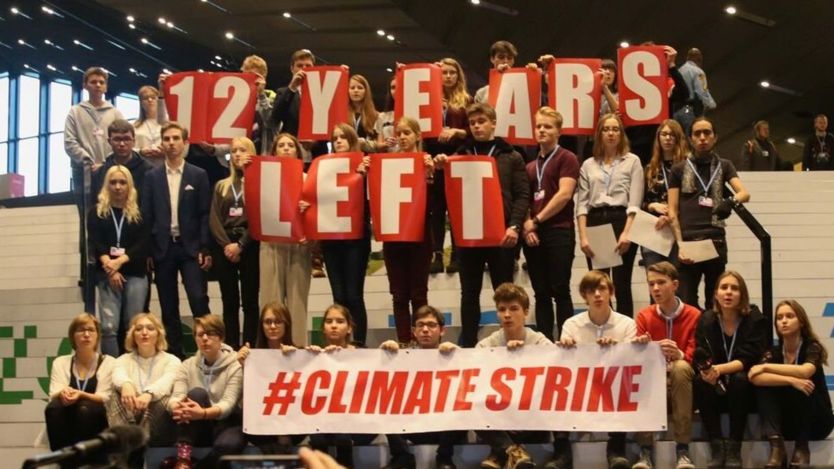The astonishing, and depressing, success of the climate alarmism 'movement' has long been a puzzle to me. The explanation of it may well take decades to settle down on a widely agreed version, not least since so many academic disciplines are involved, and many not so academic drives to gain power and wealth are there too.
But a puzzle well-described is a puzzle more likely to be solved. On the science sides of the puzzle, the role of the so-called climate scientists has been evocatively captured by a chap called Smolin looking at another field that shares with climate studies a severe shortage of good or adequate data*. Here are his observations as presented by the oceanographer
Carl Munsch (hat-tip
Judith Curry):
From one point of view, scientific communities without adequate data have a distinct advantage: one can construct interesting and exciting stories and rationalizations with little or no risk of observational refutation. Colorful, sometimes charismatic, characters come to dominate the field, constructing their interpretations of a few intriguing, but indefinite observations that appeal to their followers, and which eventually emerge as “textbook truths.”
Consider the following characteristics ascribed to one particular, notoriously data-poor, field (Smolin, 2006), as having:
1. Tremendous self confidence, leading to a sense of entitlement and of belonging to an elite community of experts.
2. An unusually monolithic community, with a strong sense of consensus, whether driven by the evidence or not, and an unusual uniformity of views on open questions. These views seem related to the existence of a hierarchical structure in which the ideas of a few leaders dictate the viewpoint, strategy, and direction of the field.
3. In some cases a sense of identification with the group, akin to identification with a religious faith or political platform.
4. A strong sense of the boundary between the group and other experts.
5. A disregard for and disinterest in the ideas, opinions, and work of experts who are not part of the group, and a preference for talking only with other members of the community.
6. A tendency to interpret evidence optimistically, to believe exaggerated or incorrect statements of results and to disregard the possibility that the theory might be wrong. This is coupled with a tendency to believe results are true because they are ’widely believed,’ even if one has not checked (or even seen) the proof oneself.
7. A lack of appreciation for the extent to which a research program ought to involve risk.
Smolin (2006) was writing about string theory in physics. Nonetheless, observers of the paleoclimate scene might recognize some common characteristics.
Note that string-theory is part of theoretical physics, a field noted for having a high proportion of very bright scientists. Contrast that with the field of climate science, noted for being a somewhat ramshackle collection of often self-identified 'experts' from fields not known for high intellectual challenges such as geography, computer coding, weather forecasting, and planetary science.
The task of helping those who have been through the school system over the last 30 years, and those entering it soon, will be made easier the more insight we have into the causes of the Climate Panic. Helping with what? With the dismal, destructive, degrading, distorting world view that mankind is doomed thanks to industrial progress and the associated production of carbon dioxide. There is not a shred of convincing evidence or argument for that view, but it seems widely adopted in political, media, and academic circles.
* Noted added 07 Oct 2018. The Climategate Revelations (esp. the
HarryReadMe file - details
here) pointed to shoddy data and shoddier data management. Now John McLean has dug into the manure to expose more data quality problems, and in more detail:
http://joannenova.com.au/2018/10/first-audit-of-global-temperature-data-finds-freezing-tropical-islands-boiling-towns-boats-on-land/
'“I was aghast to find that nothing was done to remove absurd values… the whole approach to the dataset’s create is careless and amateur, about the standard of a first-year university student.”
– John McLean


